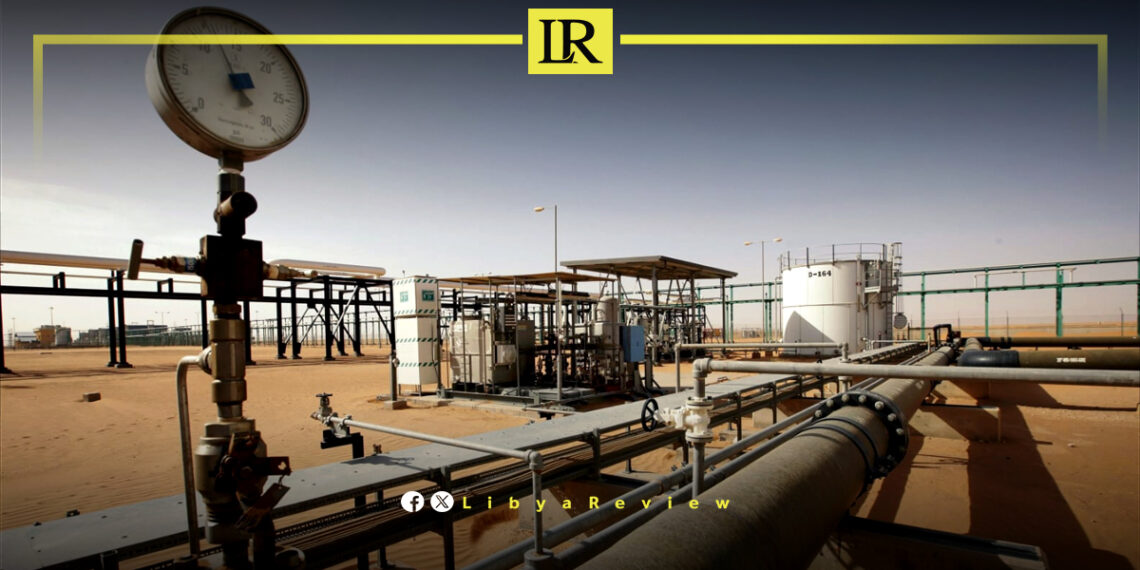Libya’s oil exports have drastically fallen in September to 400,000 barrels per day, compared to 1.2 million barrels per day in August. This sharp decline is attributed to the ongoing political turmoil, which has led to the suspension of most of the country’s oil production, according to CNBC.
During the current month, Libya’s oil exports have primarily been directed to Italy and Greece, with smaller quantities being shipped to China and Canada.
The oil crisis in Libya began after the ousting of former Central Bank Governor, Saddek Elkaber. In response, the government appointed by the House of Representatives announced the halt of oil production.
The National Oil Corporation (NOC) did not declare a state of force majeure across all fields but applied it to certain fields, including the El Feel and Sharara fields.
Libyan House of Representatives Speaker Ageela Saleh warned that the exchange rate of the dollar could exceed 10 dinars unless the Central Bank crisis is resolved, and the situation returns to normal.
Saleh stated, “What we tried to prevent by imposing the exchange rate tax has been undone by the Presidential Council with its legally void and ineffective decisions.” He emphasized the significant efforts made to unify the Central Bank and maintain it as a crucial financial institution for all Libyans.
He also pointed out that urgent measures are necessary to free the Central Bank from the unlawful control of a group mismanaging public funds to appease the expired government. Saleh added that the Presidential Council’s misguided decision will delay the Central Bank’s ability to regain trust from international financial institutions.
Saleh reiterated the illegitimacy of the Presidential Council’s actions regarding the Central Bank, stating it overstepped its constitutional mandate and violated the political agreement. “It is a usurpation of power and an encroachment on the authority of the elected legislative body that represents the will of the Libyan people.”
He also warned that any attempts to halt development and reconstruction projects would harm the public interest and would be met with rejection. Saleh reaffirmed his full support for the Development and Reconstruction Fund, ensuring that its projects will be implemented across the country.
Saleh called on the High Council of State to clarify its stance on the Central Bank issue, stressing that the UN mission is now facing a real test regarding the Central Bank crisis.


